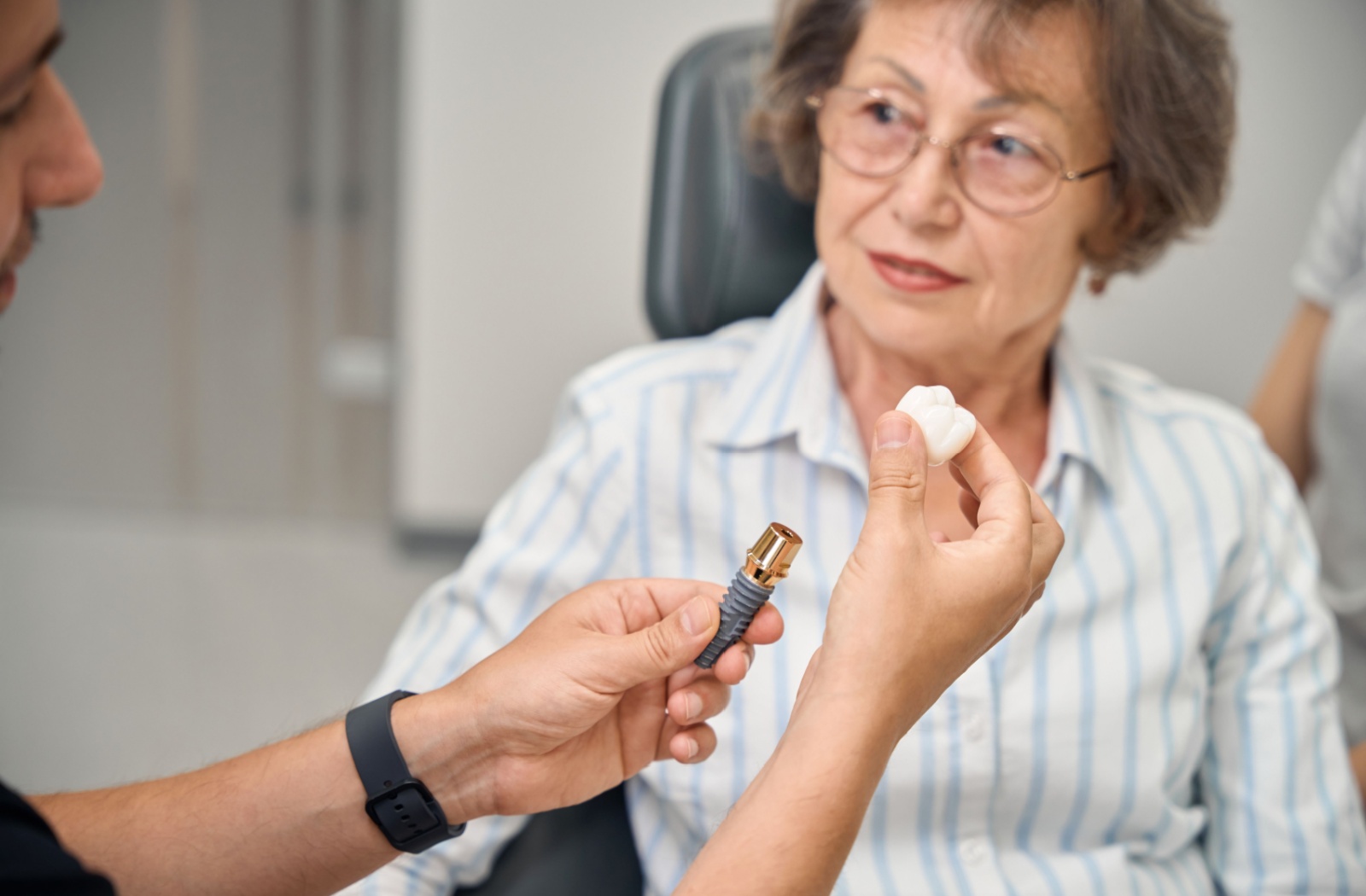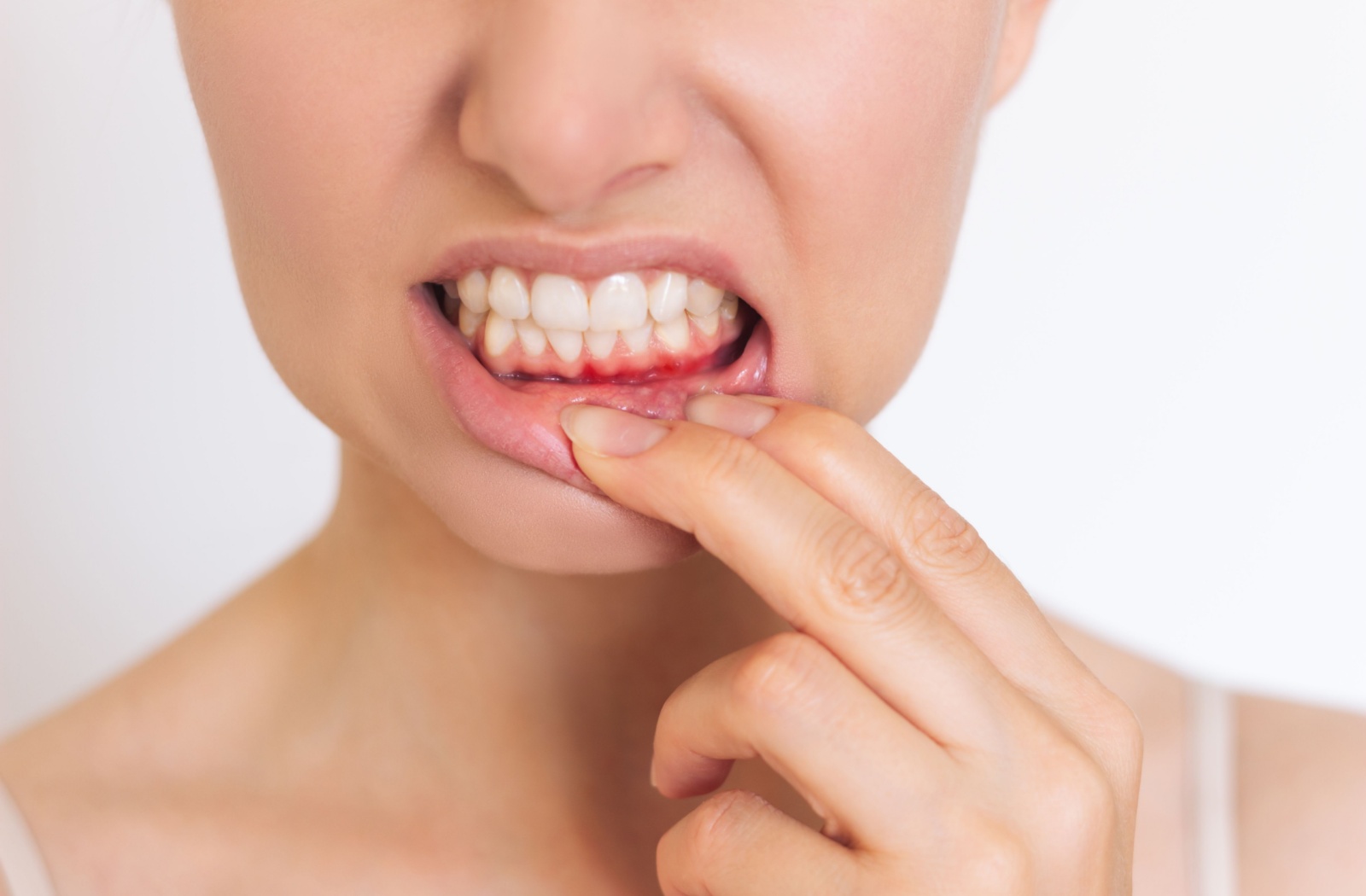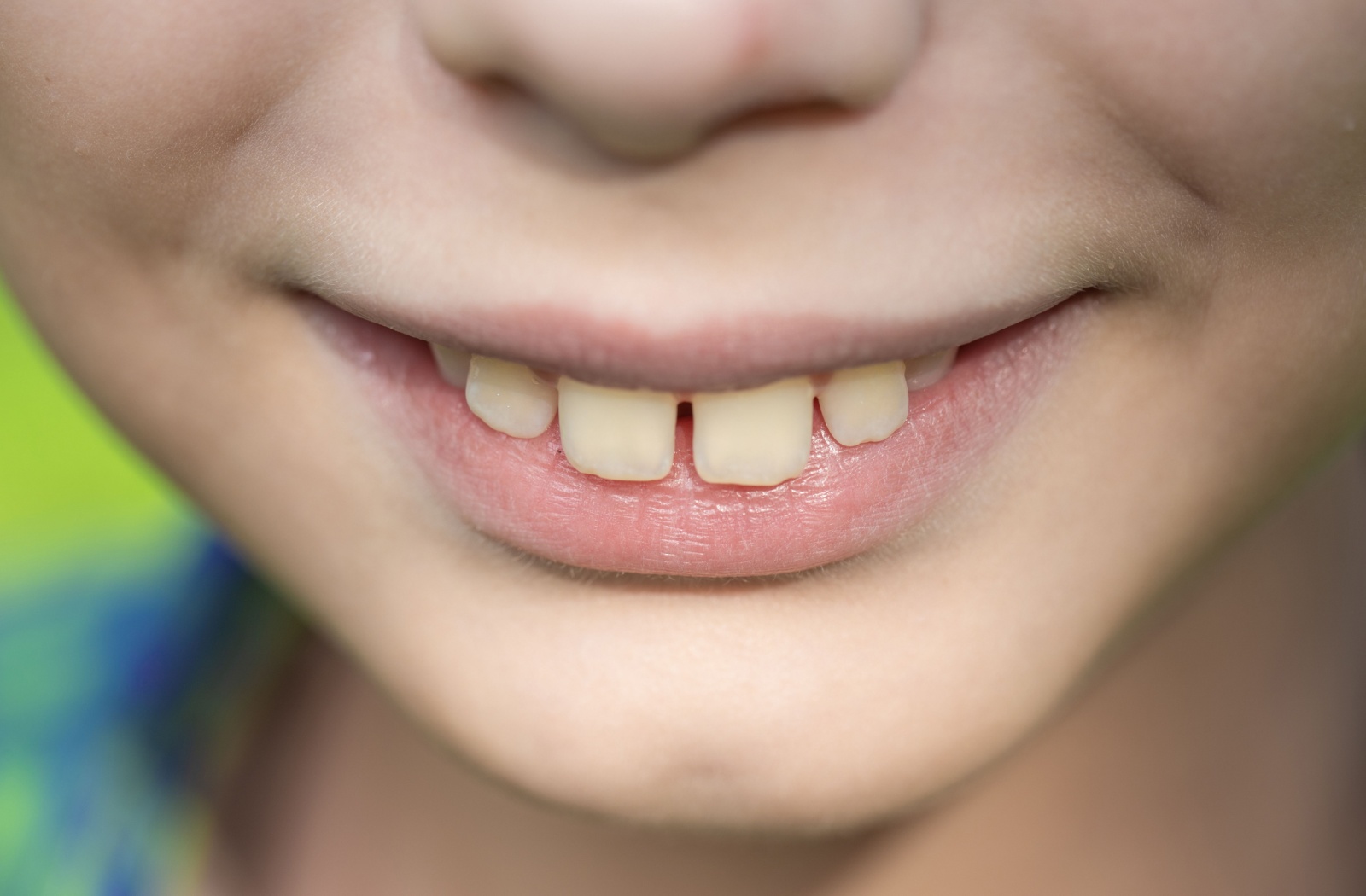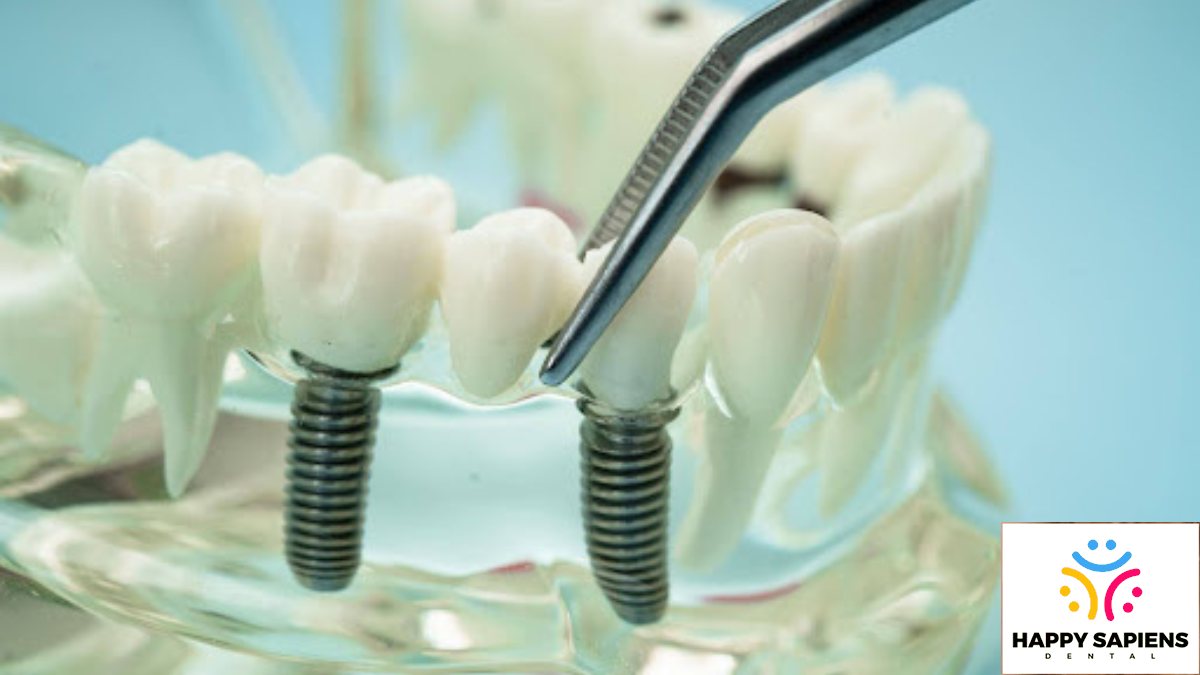For many people, dental implants are a worthwhile choice because they provide a durable, natural-feeling solution that can last for decades with proper care.



For many people, dental implants are a worthwhile choice because they provide a durable, natural-feeling solution that can last for decades with proper care.

This swelling is often a temporary response from your gums as they adjust to a new cleaning routine, react to your flossing technique, or begin healing from underlying inflammation.

If you are looking for a way to straighten your teeth without the look and feel of metal brackets, the benefits of clear aligners could be just what you’re looking for.

Making your first dental appointment is a straightforward process of finding a local office, calling to schedule, and gathering a few key pieces of information.
Read More > from How to Make a Dentist Appointment for the First Time

The best way to avoid a root canal is through consistent oral hygiene, a balanced diet, and making sure to visit a dentist for regular check-ups.

For many people, Invisalign is the way to go. It offers a discreet, convenient, and often faster way to achieve a straighter smile—especially for mild to moderate misalignment. However, the final choice ultimately depends on your dental needs, goals, and lifestyle.

In general, adults should visit the dentist every 6 to 12 months.
Read More > from How Long Can You Go Without Seeing a Dentist?

In most cases, braces can effectively fix an overbite and improve both your smile and overall oral health.

When preparing for or recovering from a dental implant procedure, you’ll want to understand the dos and don’ts for effective healing. Tips for dental implant aftercare include the following considerations:
Immediate post-op care
Managing discomfort & swelling
Dietary guidelines
Oral hygiene practices

Everyone’s experience with dental implants is different. Typically, dental implants require a healing period of 3 to 6 months, during which the implant fuses with the jawbone to create a stable foundation for a replacement tooth. This process, known as osseointegration, is essential for ensuring the implant is strong enough to support a crown, bridge,
Read More > from Dental Implant Healing Time: What to Expect from the Procedure